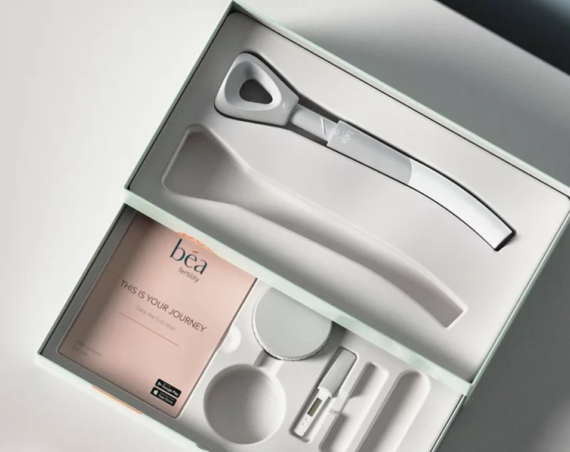
Neuspera Medical has received FDA approval for its integrated sacral neuromodulation (iSNM) system to treat urinary urge incontinence, offering an alternative to traditional sacral neuromodulation therapies. The US-based company’s system eliminates implanted batteries while delivering comparable efficacy to established treatments.
According to the company, urinary urge incontinence affects approximately one in five women in the United States as a major component of overactive bladder syndrome. The condition significantly impacts quality of life, driving demand for more effective and patient-friendly treatment options beyond current therapies.
The approval is based on six-month pivotal trial data from 128 patients that demonstrated efficacy comparable to established sacral neuromodulation therapies while eliminating discomfort, surgical risks, and cosmetic concerns associated with implanted batteries. Key results included 84.2% of patients achieving 50% or greater reduction in urgent leaks, matching rates reported in recent SNM studies.
“FDA approval of Neuspera’s iSNM system represents a major advancement for millions of patients with UUI,” said Dr. Howard Goldman, vice-chairman of Urology at the Cleveland Clinic. “For too long, patients have had to weigh the benefits of SNM therapy against real concerns about complications related to implanted batteries and the need for surgeries to replace it.”
Among treatment responders, 84% were classified as “super responders” experiencing more than 75% reduction in symptoms, while 42% achieved complete dryness with 100% reduction in urinary urge incontinence symptoms. The study also showed 3.5x clinically significant improvement in quality of life with reduced voids and urgent episodes.
Neuspera’s system uses a miniaturized neurostimulator implanted near the sacral nerve, activated by an external disc worn against the lower back for approximately two hours daily. The therapy disc charges wirelessly when not in use, similar to smartphone charging, eliminating the need for battery replacement surgeries required with traditional implanted systems.
“Neuspera is setting a new standard in UUI therapy with the first integrated SNM system,” said Dave Van Meter, CEO of Neuspera. “Our mission is to remove barriers to care with a smart, patient-centered solution that truly improves quality of life for the millions impacted by UUI.”
The technology addresses limitations of current sacral neuromodulation therapies, which require surgical procedures to replace implanted batteries over time. These replacement surgeries create additional patient burden and potential complications that can deter women from pursuing treatment for urinary incontinence.
The FDA approval positions Neuspera to enter a market where women often delay or avoid treatment for urinary incontinence due to concerns about surgical procedures and device maintenance. The integrated system aims to reduce these barriers while maintaining therapeutic effectiveness.



